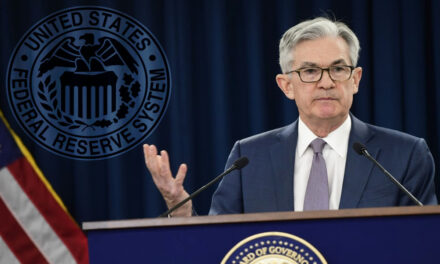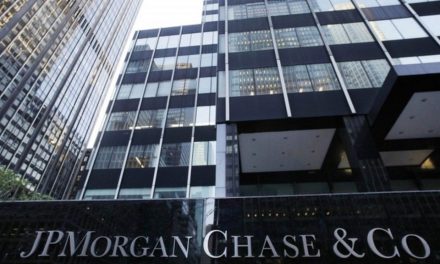Recent events in the global banking sector have raised numerous concerns from financial experts who fear the possibility of a widespread credit crunch that would adversely impact the global economy.
As trading ended on Friday, March 25th, experts noted a number of indicators showing how the collapse of the Silicon Valley Bank in the United States as well as UBS’ recent takeover of beleaguered Credit Suisse, have caused unease in the financial community. For one thing, the euro fell against the US dollar while eurozone government bond yields also dropped.
As of Sunday, March 26th, the European Central Bank warned of a potential tightening of lending on the part of banks in the region.
However, financial policymakers throughout the world have sought to assure citizens that their banks remain resilient in the face of the ongoing crisis. The US Treasury Department, in particular, made an announcement on Friday that its Financial Stability Oversight Council confirmed that domestic banks throughout the country remain sound.
A Palpable Wariness
Despite assurances from the Treasury Department and its counterparts in other nations, the global banking sector is keeping a wary eye on developments over the next several weeks as experts say it is too soon to say how badly bank stresses will affect the industry. Indeed, the cost of insuring against bank defaults has risen regardless of optimism on the part of policymakers.
This wariness stems from how the overall impact of recent events remains unclear in the context of a potential credit crunch, but policymakers like Neel Kashkari, president of the Minneapolis Fed, have assured the public that they will continue to monitor the situation. Kashkari added that it is also too soon to tell if these issues could influence the Fed’s next interest rate hike.
The Situation in Europe
For its part, the ECB warns that recent events could lead to decreased regional growth and inflation rates.
According to ECB vice-president Luis de Guindos, the SVB crash and the Credit Suisse takeover could lead to the tightening of credit standards throughout the European Union, which will adversely impact the regional economy.
Meanwhile, shares in Germany’s largest bank dropped by 8.5% at the end of the trading week, while the cost of insuring its bonds against default went up sharply. Consequently, the index of several leading European bank shares also dropped.















